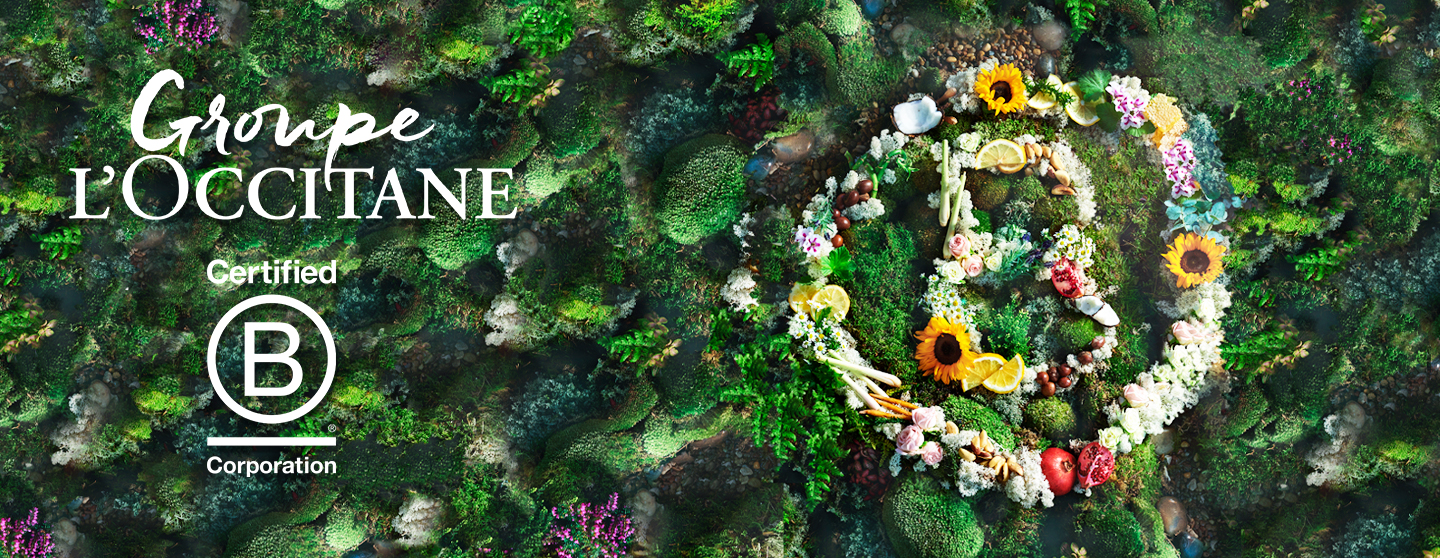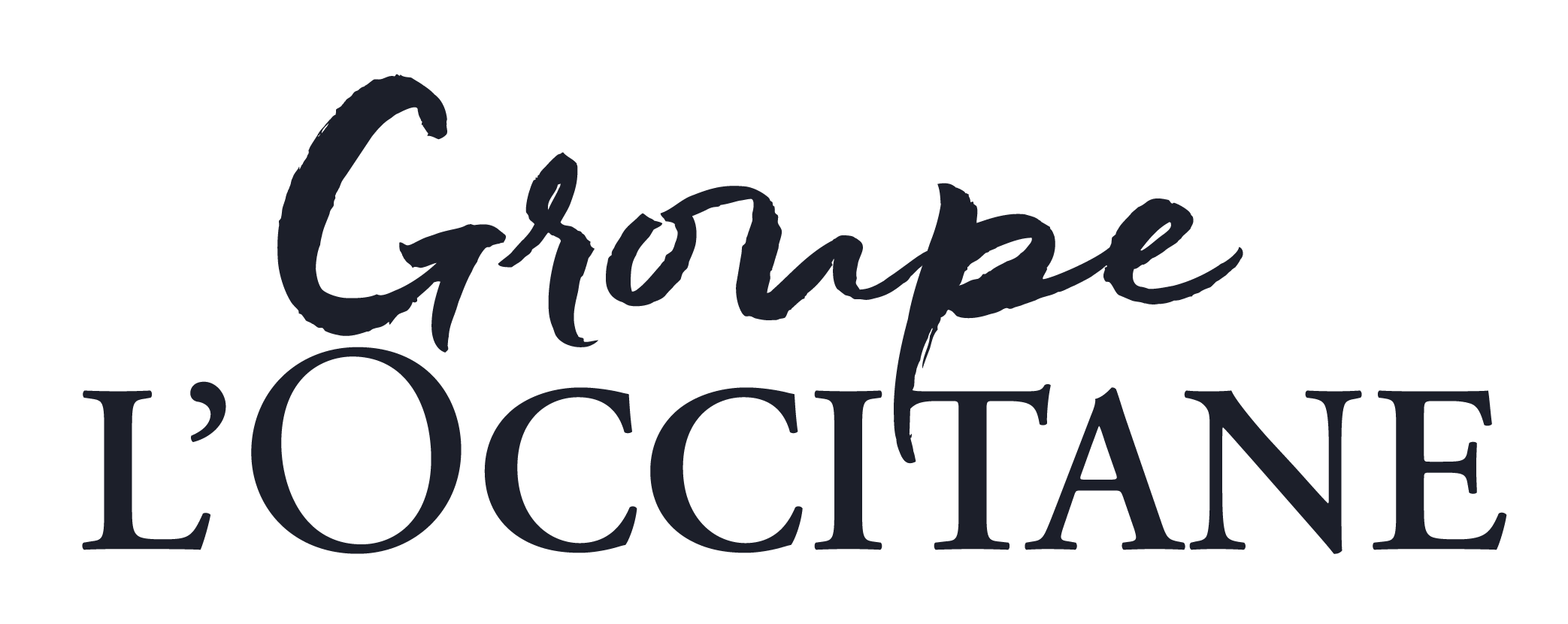

L’OCCITANE Group

Canton of Geneva, Switzerland
August 2023
Personal care products
Manufacturing
Australia,
Belgium,
Brazil,
Canada,
China,
France,
Germany,
Hong Kong S.A.R.,
Hungary,
India,
Italy,
Japan,
Luxembourg,
Malaysia,
Mexico,
Norway,
Poland,
Portugal,
Singapore,
Spain,
Swaziland,
Sweden,
Switzerland,
Taiwan,
United Kingdom,
United States
At the L’OCCITANE Group, we are committed to having a positive impact on people and regenerating nature through empowerment. The Group is a leading manufacturer and retailer of premium and sustainable beauty and wellness products. It has a global workforce of 9,000 employees and 3,000 retail outlets, including 1,500 of its own stores, generating over €2 billion in sales. Its brand portfolio includes: L’OCCITANE en Provence, Melvita, Erborian, L’OCCITANE au Brésil, LimeLife by Alcone, ELEMIS, Sol de Janeiro and Grown Alchemist. Each brand has a strong purpose and a genuine desire to make a difference. The L’OCCITANE Group has a vision of an inclusive, equitable and regenerative future. Its long-term approach to sustainability focuses on empowering its employees and the communities it is invested in, preserving biodiversity, reducing waste and mitigating climate change. We are a proud member of the B Corp community, united in our shared commitment to being a force for good and striving for high standards of social and environmental performance through continuous improvement and collaboration. The Group is committed to helping its brands LimeLife by Alcone, Sol de Janeiro and Grown Alchemist become B Corp certified by 2026.
Overall B Impact Score
Governance 16.9
Governance evaluates a company's overall mission, engagement around its social/environmental impact, ethics, and transparency. This section also evaluates the ability of a company to protect their mission and formally consider stakeholders in decision making through their corporate structure (e.g. benefit corporation) or corporate governing documents.
Workers 21.7
Workers evaluates a company’s contributions to its employees’ financial security, health & safety, wellness, career development, and engagement & satisfaction. In addition, this section recognizes business models designed to benefit workers, such as companies that are at least 40% owned by non-executive employees and those that have workforce development programs to support individuals with barriers to employment.
Community 20.3
Community evaluates a company’s engagement with and impact on the communities in which it operates, hires from, and sources from. Topics include diversity, equity & inclusion, economic impact, civic engagement, charitable giving, and supply chain management. In addition, this section recognizes business models that are designed to address specific community-oriented problems, such as poverty alleviation through fair trade sourcing or distribution via microenterprises, producer cooperative models, locally focused economic development, and formal charitable giving commitments.
Environment 22.0
Environment evaluates a company’s overall environmental management practices as well as its impact on the air, climate, water, land, and biodiversity. This includes the direct impact of a company’s operations and, when applicable its supply chain and distribution channels. This section also recognizes companies with environmentally innovative production processes and those that sell products or services that have a positive environmental impact. Some examples might include products and services that create renewable energy, reduce consumption or waste, conserve land or wildlife, provide less toxic alternatives to the market, or educate people about environmental problems.
Customers 4.3
Customers evaluates a company’s stewardship of its customers through the quality of its products and services, ethical marketing, data privacy and security, and feedback channels. In addition, this section recognizes products or services that are designed to address a particular social problem for or through its customers, such as health or educational products, arts & media products, serving underserved customers/clients, and services that improve the social impact of other businesses or organizations.